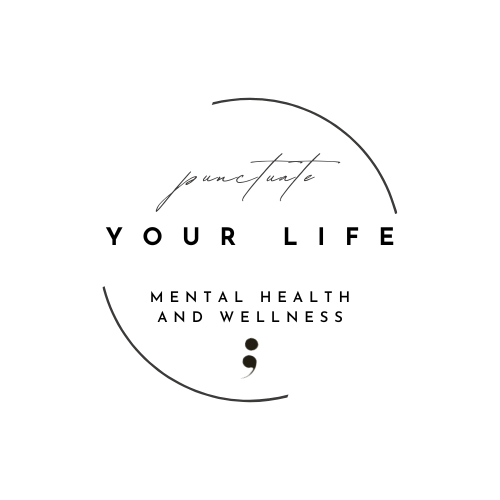What is coercive control?
Understanding coercive control
Coercive control is becoming quite the buzz word, but many of my clients do not understand what exactly it means. According to research, coercive control is a form of emotional and psychological abuse that slowly and systematically takes away a person’s independence. This type of abuse wears away at someone’s confidence and their autonomy leading them to feel powerless and trapped.
Abusers who use coercive control tend to employ a range of tactics intimidate, dominate, and isolate their victims.
Examples of these tactics are:
Gaslighting- making someone doubt their perception of reality
Financial abuse- restricting access to money, controlling the bank accounts, hiding financial records, or taking control of the victims source of income
Isolation- Cutting victims off from family or support networks by sabotaging those relationships, by refusing to allow them to see supports, or even by constantly calling or texting while they are with their supports
Deprivation of autonomy- Subtly or overtly controlling what the victim wears, eats, behaves, etc. This can also be having their names on the victims accounts, taking over their careers/telling them to give up their career.
Monitoring- Tracking a victim through their phone, their social media, etc.
Recognizing coercive control
Some signs that you may be experiencing coercive control include:
Feeling controlled daily
Being constantly criticized
Feeling belittled or worthless
Feeling afraid to express opinions or that your opinion matters
Losing contact with those you love
If you are experiencing any of these feelings, please be sure to take action. You can educate yourself about abusive relationships, you can (and should) seek help via hotlines, therapy, or even legal guidance. You should also create a safety plan.
Coercive control is a horrendous and devastating form of abuse that slowly erodes a person’s well-being and freedom. By seeking help, you can start to break the cycle. If you or someone you know is experiencing coercive control, please know that help is available.
National Domestic Violence Hotline-
800-799-7233 or text START to 88788 (thehotline.org)
Love is Respect (for teens and young adults)-
866-331-9474 oor text LOVEIS to 22522

